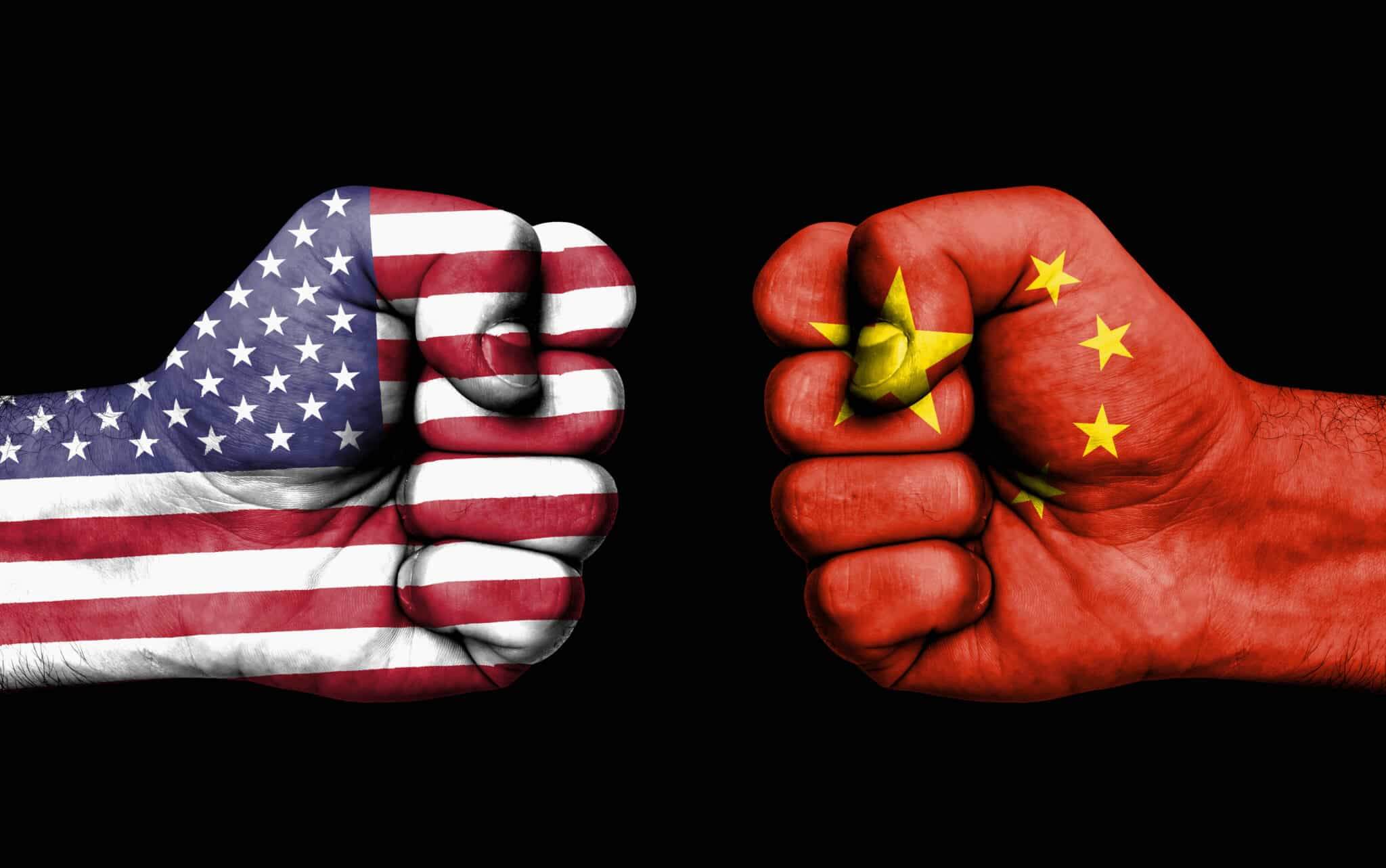
Beijing Begins Targeting Washington Allies in New “Cold War”
From trade war to war over the coronavirus origin, to scrutiny of Chinese firms on Wall Street, the US-China relationship has recently taken a nosedive.
Things could get uglier in the new cold war as the two superpowers drag other countries into their conflict, analysts warn.
Dan Ikenson referred to an economic split between the two superpowers saying things could get worse before they get better.
China could also start targeting America’s allies as it embarks on what analysts call the “wolf warrior diplomacy.” They named it after a series of popular movies where Chinese fighters defeat adversaries globally.
Recently the situation escalated following China’s proposed new security law for Hong Kong. Hong Kong is a semi-autonomous Chinese city with special trading relations with the US.
US President Donald Trump swiftly announced that the US would revoke Hong Kong’s preferential status. He said Hong Kong was not sufficiently autonomous to warrant the special treatment afforded to them.
The US-China strained relationship started in 2018 when the two countries were embroiled in a protracted trade war. The trade war dragged down global growth and culminated in a phase one deal, which they signed in January.
Early this year, their rocky relations sparked again. This occurred when the US President blamed China for the spread of the coronavirus pandemic.
Recently, financial markets felt their tensions when the US Senate passed legislation last month that would restrict Chinese firms from listing on the American exchanges or raise money from investors in Wall Street unless they abided by the US’s regulatory and audit standards.
According to Ikenson, many economic redundancies will emerge as the US and China replicate efforts and compete for the global allegiances by offering carrots and threatening sticks. He said that meant an emergence of a new cold war environment.
China’s ‘Wolf Diplomacy’
China could use a new strategy, some analysts term as “wolf warrior diplomacy,” to hit on those they perceive to be on the US side.
Christopher Granville from TS Lombard, a research firm, calls the recent uptick in tensions. “Cold War 2.0.” He said some US allies might be rewarded with wolf diplomacy’ for perceived support to the legitimacy of the Chinese system.
Granville said some of these tactics were already playing out. For example, China suspended beef imports from Australia after Australia called for a global inquiry into the origins of the coronavirus.
Edward Lucas added that ‘Wolf Warrior diplomacy’ was China’s new no-holds-barred approach to the outside world. Edward works with the Center for European Policy Analysis.
He also said the backlash against the Wolf Warrior diplomacy was growing. China has stoked anger in Australia, Germany, Canada, Sweden, and the Netherlands.
Last Friday, China advised its citizens against traveling to Australia. They said there was racial discrimination and violence against the Chinese concerning the pandemic. Australia disputed the claims.
Elsewhere, the US could also find itself on China’s receiving end after they offered visa options to Hong Kong people following concerns that China had tightened its grip on the city.
No Full-Blown War for Now
Analysts say neither party is interested in bringing the cold war too far at the moment.
According to TS Lombard, China will probably limit itself to a combination of more neutral tit-for-tat and veiled warnings.
While reacting rhetorically, China would not want to get into a full-scale war with the US now.
China’s focus is on containing the virus, reviving the economy, and pushing through the security law in Hong Kong.
In the US, while Trump would likely want to maximize anti-China sentiments during the presidential campaign, he might also want to restrain.
Undoubtedly, the political gains from China-bashing come at a lower economic cost, when the stock market is strong.
Plus, Trump will remain vigilant about containing the economic cost. This would outweigh the favorable ‘tough guy’ impression he has created on his voter base.
However, Trump’s administration is not likely going to be the only one targeting China. Things may not change under Biden’s administration either since there seems to be wider bipartisan support for the new dispensation.




